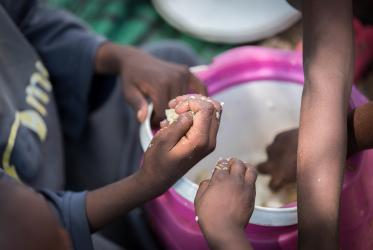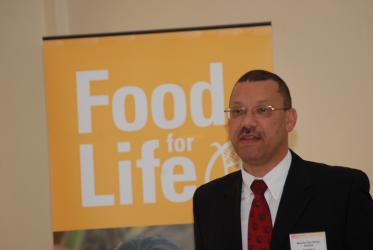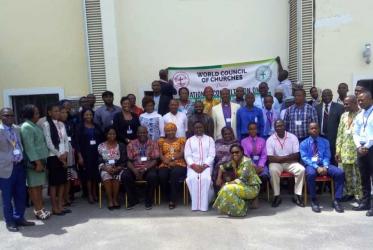Displaying 1 - 20 of 33
01 February 2024
Protecting Ethiopia’s church forests
27 October 2021
Dr Cecile De Sweemer, the doer of God
30 November 2018
Pan African Women of Faith issue fervent Call to Action
20 November 2018
In Zambia, foreign investors complicate “economy of life”
06 September 2017
G7 must address famine
22 May 2017













